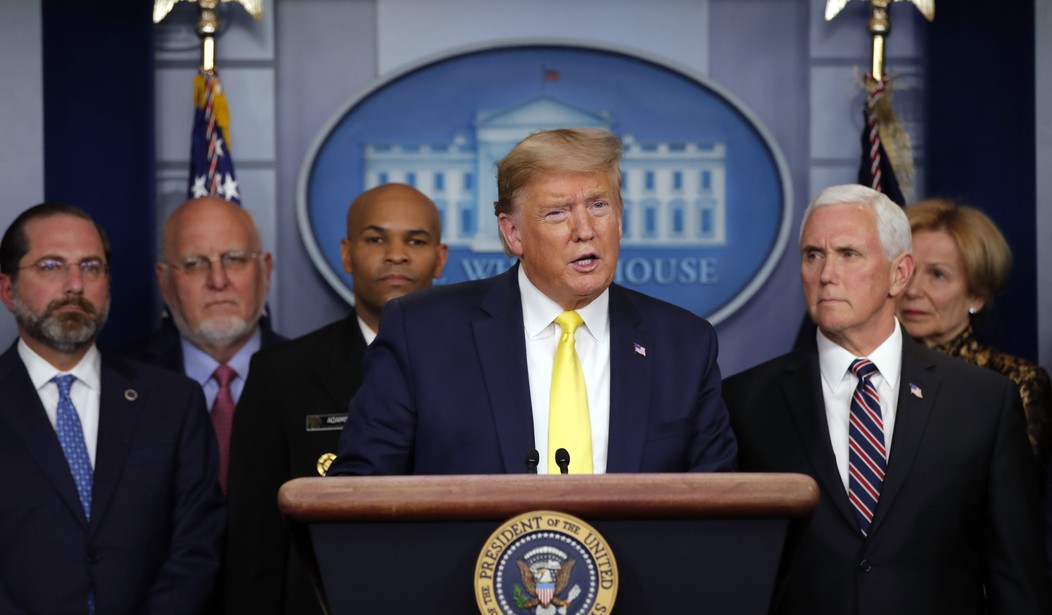At 3 p.m. Tuesday, U.S. equity market indices were up nearly 4%, a modest improvement after Monday’s 7% crash, but still a significant stabilization. The market responded to President Trump’s proposed economic stimulus to counteract the impact of coronavirus, centering on a payroll tax moratorium through to the election.
I’m taking a victory lap here: That is precisely what I proposed in a Feb. 27 column in this space:
To be effective, emergency measures must be big, dramatic, and immediate. Emergency tax reductions, including a temporary suspension of social insurance payments by individuals and businesses, are the ideal measure. Forty-four percent of Americans pay no income tax, but Social Security contributions comprise 12.4% of income, split between workers and employers. The US Congress should authorize emergency borrowing authority to make up the difference in the Social Security Fund.
And that’s exactly what the president now proposes. Quoting CBS:
- President Donald Trump on Monday said he will be meeting with Senate and House Republicans on Tuesday to discuss “a possible tax relief measure” to provide “a timely and effective response to the coronavirus.”
- “We are to be meeting with House Republicans, Mitch McConnell, and discussing a possible payroll tax cut or relief, substantial relief, very substantial relief,” Trump said at a press briefing with coronavirus task force members.
The stock market’s nearly 20% fall from its February peak (24% for the small-capitalization Russell 2000 Index, which reflects the domestic economy) warned of a mild recession in 2020. That’s “mild” by economists’ yardsticks. It’s not a mild recession if it gets a Democrat elected in November.
Consumer spending was the only significant source of U.S. growth during 2019, as investment and manufacturing shrank in response to the incipient trade war. The danger is that consumers will shun the shopping malls (foot traffic is down by almost 10% during the past week) and save rather than spend as a precaution. Until late February, all was going well. Strong economic data for the first two months of 2020, including an exceptionally large increase in February employment, indicated that the U.S. economy was improving after the conclusion of a “Phase One” trade deal with China – before the coronavirus problem emerged. But the economy is at serious risk.
Collapsing oil prices are a net negative for the economy because a large part of the energy sector will suspend operations and cancel orders for capital equipment. But they also put more money into consumers’ pockets, so the overall impact will be limited. The right thing to do is to put money directly into the pockets of workers and small businesses by waiving payroll tax collection. This helps the nearly 50% of American workers who pay no federal taxes because their income isn’t high enough. Let’s see how the Democrats explain opposition to a measure that helps lower-income Americans more than anyone else.
Trump not only offered the right policy but the right tone. “We have a very strong economy. But this has blindsided the world,” he told a press briefing late Monday afternoon. “This was something that we were thrown into and we’re going to handle it, and we have been handling it.” Rather than pretend that there wasn’t a problem, or that the problem had been exaggerated by the media, the president acknowledged the problem and proposed forceful action.










Join the conversation as a VIP Member